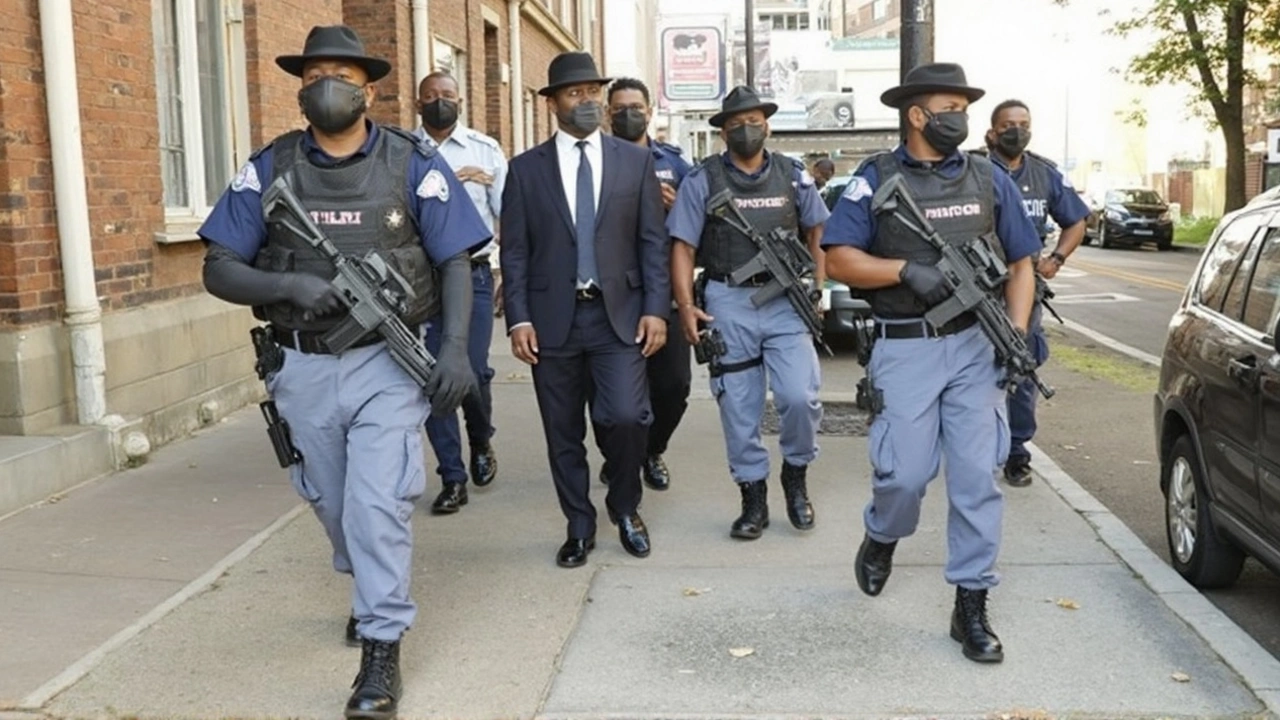SAPS: How to report crime, get help and stay safe
If you need the police right now, call 10111 from a landline or 112 from a mobile. For anonymous tips about serious crime, Crime Stop accepts calls on 08600 10111. When you call, stay calm, give the exact address, short details of what happened, and any descriptions of suspects or vehicles.
How to report
When to call emergency services and when to go to a police station. Emergencies are active crimes, threats to life, serious injuries and major property loss. For past incidents that are not urgent, go to your nearest police station or use the SAPS online reporting if available in your area. Always ask for a case number or docket number and write it down. That number is how you follow up and get updates.
What to bring and what to expect at the station. Bring your ID and anything linked to the incident: photos, messages, damaged property, receipts. Expect to give a detailed statement and to sign forms. The officer should record your report, give you a printed or written case number, and tell you which detective or station will handle the matter. If the process is slow, keep polite but firm. Ask for the name and rank of the officer who took your report.
If you are a victim of a sexual offence, ask for a Thuthuzela Care Centre or victim support services at the station. These centres offer medical care, counselling and help with the police process. Preserve evidence: do not wash, change clothes, or discard items until you have been seen by medical staff unless you are in danger and need medical attention immediately.
Your rights & follow up
Know your basic rights. Police must tell you why you are being arrested and must allow you to contact a lawyer or a family member. You have the right to remain silent, but be clear and polite when you give basic facts. If you feel mistreated, note the officer's name and station, and report the conduct to the Independent Police Investigative Directorate (IPID) or a legal adviser.
Follow up and keep records. Use the case number to call the station for updates. Make notes of every contact, including dates, names and what was said. If progress stalls, speak to the station commander or consult a lawyer to help push the investigation.
Simple steps to lower your crime risk. Lock doors and windows, install basic lighting, keep valuables out of sight, share travel plans with someone you trust, and use trusted apps or taxi services. For businesses, use CCTV and register serial numbers of goods.
If you want advice or help with a complaint about SAPS, contact IPID or legal aid organisations. Keep copies of all documents and stay persistent. Reporting crime and knowing how the system works puts you in control.
Need urgent legal help? Call Legal Aid South Africa on 0800 110 110 or check community legal centres. Save key numbers in your phone now and share them with family. Stay safe.

South Africa's SAPS Lapses Force R11.8 Billion Shift to Private Security Every Year
Keabetswe Monyake Jun 27 10South Africa spends R11.8 billion yearly on private security due to SAPS's shortcomings, despite a hefty R100 billion police budget. Major departments shell out billions as crime remains high, and VIP protection costs keep soaring. The DA pushes for answers from Minister Cele amid mounting citizen frustration.
More Detail